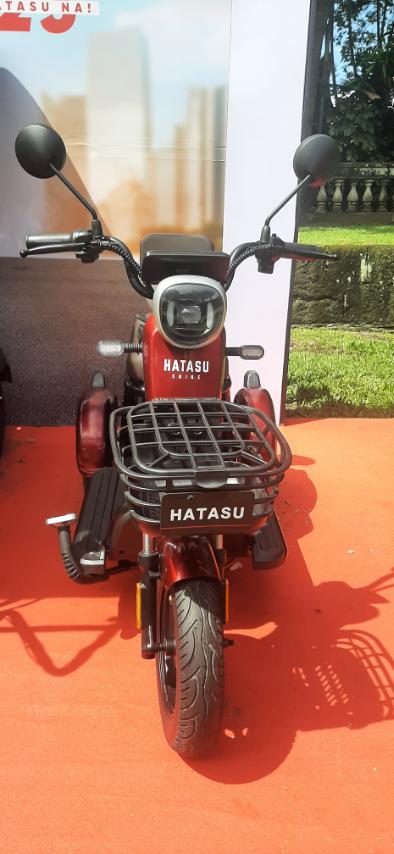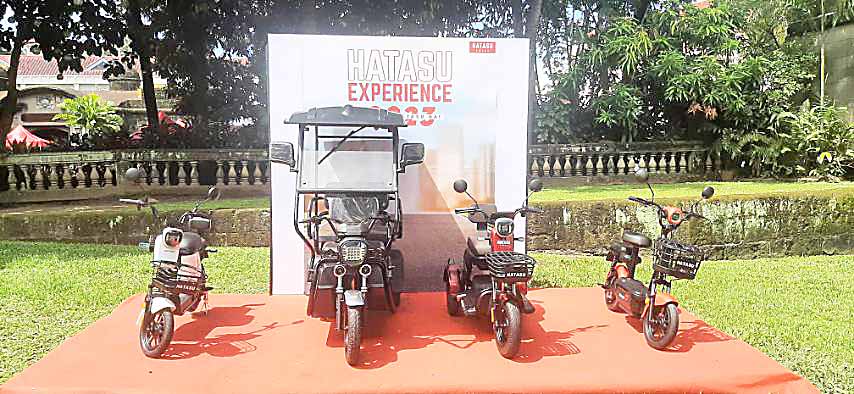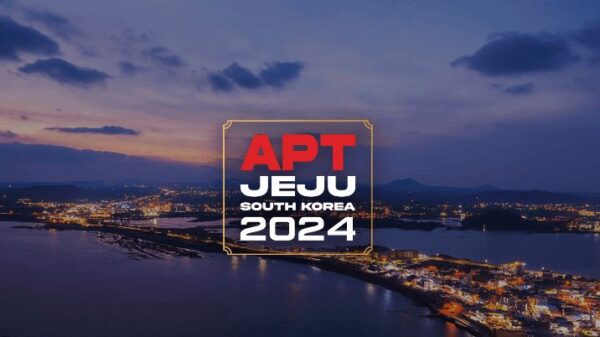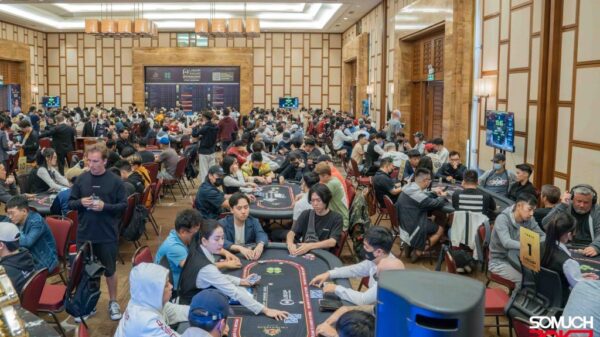Global business research firm employee Diego dela Paz straps on his helmet and hops on his electric kick scooter to head to his office in Makati City from his home in San Juan.
Working the night shift, Dela Paz would smoothly glide the sleepy streets of the usually busy city roads for under an hour to clock in at his workplace.
“I get to save money by not using (ride-hailing services),” he said.
Just like Dela Paz, Christian Jacinto, who works as a writer for a popular multinational combat sports promotion, would ride his electric-powered mobility device to navigate the congested streets of Metro Manila to his destination.
“It’s a convenient and faster way to get to where you want to go, especially on shorter destinations that would take nearly an hour if you ride a car or public transportation. I’ll get there at half the time,” Jacinto said.

HARU does not require you to balance.
With the perennial problems of traffic congestion, the rising prices of fuel and endless fare hikes, more Filipinos have been switching to alternative modes of transportation.
The past years have seen the rise of consumers shifting to electric vehicles.
Even the government is doing its part in accelerating the transition from combustion-engine vehicles to EVs in public and private transportation through different programs and incentive schemes to help promote the reduction of the Philippines’ carbon footprint.
But while the initial costs of electric cars remain close to traditional vehicle models, there are cheaper and more affordable EVs alternatives — from kick scooters to two-wheel and three-wheel eBikes to eMotorcycles.
From 2017 to 2022, eBikes have taken a large chunk of the market sales among EVs.
“According to market research, there is significant growth in electric mobility solutions in the country compared to the widely-used gasoline vehicles,” Jen Cheng, brand director of rising eBike brand Hatasu, said.

HATASU has recently launched an array of e-vehicles.
“Among these existing electric solutions in the market, it is notably mentioned that eBikes and eTrikes have dominated the market shares,” she added.
Cheng added that a significant growth in the use of EVs — particularly eBikes — is expected over the next decade boosted by the government and public’s support and efforts in transforming the landscape of Philippine transportation.
Convenience, cost efficiency, reduced traffic congestion and environmental benefits are the main factors driving the popularity of eBikes in the country.
eBike brands available in the country offer a wide array of units catering to beginners, students, workers and business purposes particularly for delivery riders.
True enough, Filipinos are now gearing towards a financially and environmentally sustainable lifestyle through EVs.

















